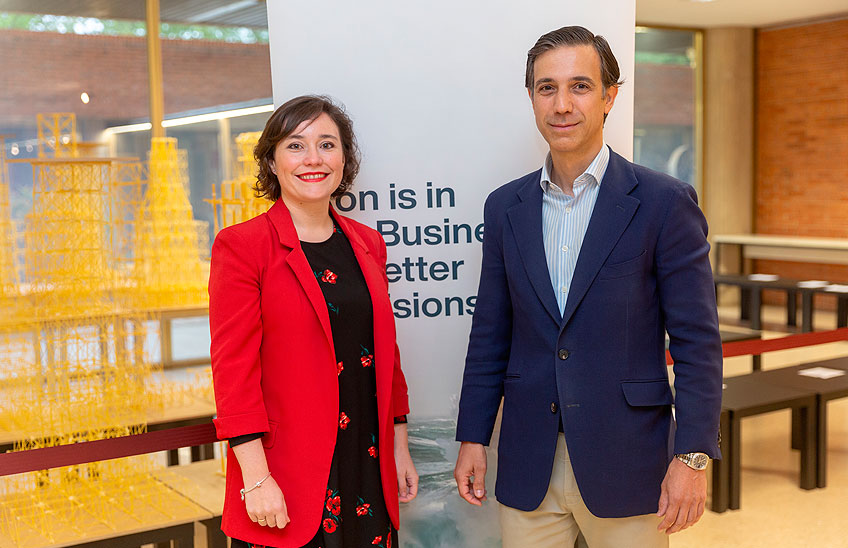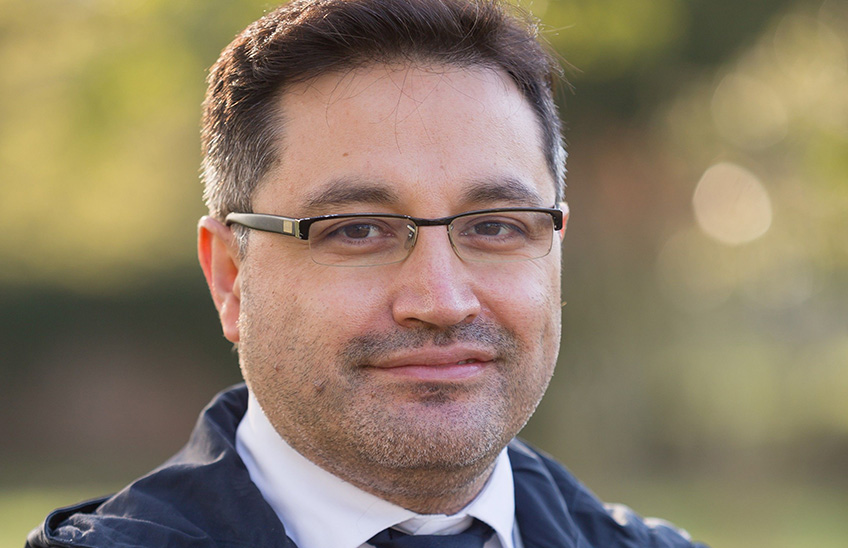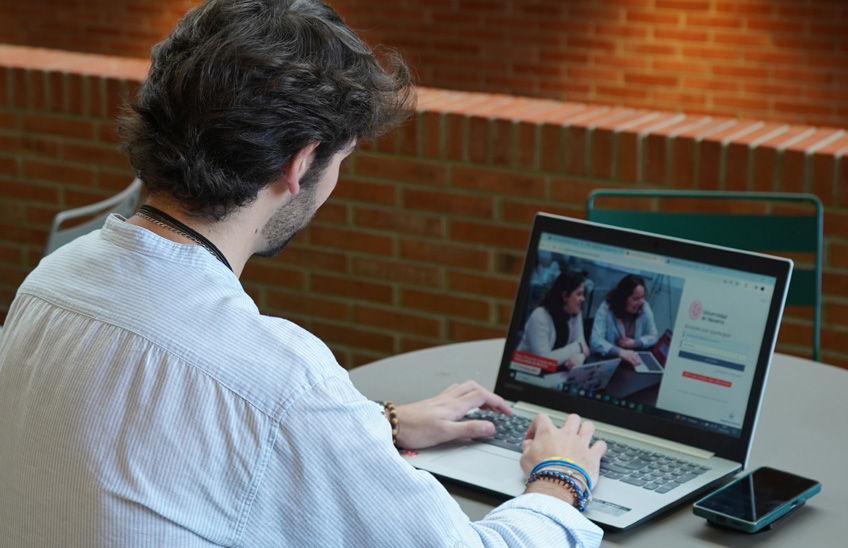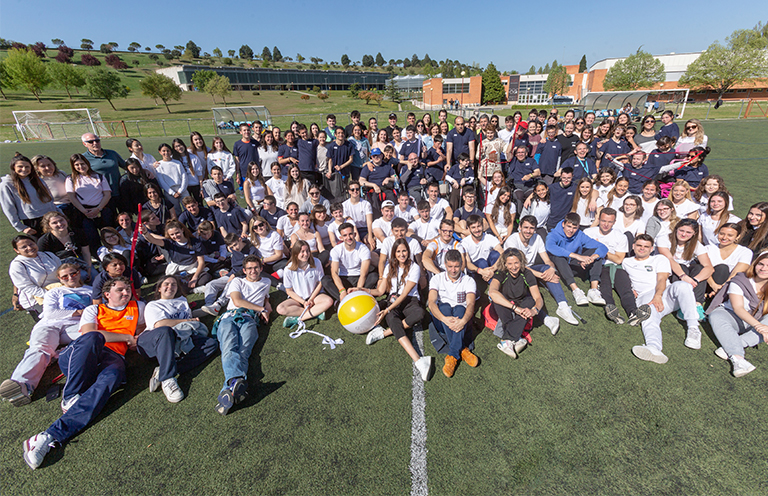Jose Luis Martín, Aon España: “El sistema no da; las empresas debemos ayudar a los empleados a planificar su jubilación”
Jose Luis Martín, Aon Spain: "The system does not give; companies must help employees to plan their retirement".

PhotoManuelCastells/
09 | 05 | 2024
On April 24, the University of Navarra hosted a workshop which analyzed 'the future of pensions' and in which the current Social Security status was presented, how it affects companies and what tools or solutions can be implemented to put employee at the center, without being detrimental to companies.
"The system does not give", said Jose Luis Martín, manager of Aon's retirement area in Spain. Martín reviewed the latest reforms carried out by the Executive, such as the solidarity quota or the MEI, and analyzed what percentage business-employee contributes and how it contributes to the "Social Security piggy bank" and whether or not the employee can count on it with a view to their pension.
For her part, Marta Berraondo, Director of Wealth & Talent Solutions for Aon's Northern Zone, analyzed the past and current Spanish demographics status , and how, when the entire baby boom generation retires, coupled with the leave birth rate in recent years, the situation will worsen status. In view of this scenario, Berraondo explained that this means that those employees who have contributed to Social Security with the maximum contribution base "will not be able to continue with the same standard of living they had before retirement. "This leaves us with two ways: saving through employment or saving individually. We are already seeing that the latter has been reduced, so we companies can offer our employees different ways of saving".
"We keep hearing what the status of Social Security is and how it may affect us in the future, our employees are concerned. For that reason, we must keep them informed," he said.
Another status, said José Luis Martín, "is that companies can have an aging workforce. Today, the incentives for extending the professional degree program are not generous; if they are extended, it is sometimes for other reasons. One trend is to opt for flexible retirement; for example, employees aged 61 and over should gradually start to reduce the number of hours they work, so that they leave gradually".
In view of these scenarios, the speakers analyzed what the role of companies should be in helping employee to plan for their retirement. The first responsibility, Martín explained, is that "we have to explain to our employees why we should save for retirement and the reality that they are going to find when it comes to accessing it. It is not only the financial part, there is also a physical and social part that we must address," he explained. To this end, Martín explained that there are planning tools, such as a simulator, so that employee can obtain the information it needs and know "how much it needs to save during its working life". Another responsibility, he added, is to communicate what the business can offer employees. "Many companies spend a fortune on supplemental benefit systems, but the employee doesn't know about them. Communicating what we offer our employees is essential," he said.
This session, organized by AEDIPE Navarra - La Rioja, in partnership with Aon and the School of Education and Psychology of the University of Navarra, is part of a partnership agreement between AEDIPE Navarra - La Rioja and the University. It was aimed at professionals in the field of Human Resources and students of the pathway Psychology of work and Organizations of the Degree in Psychology of the University of Navarra.




